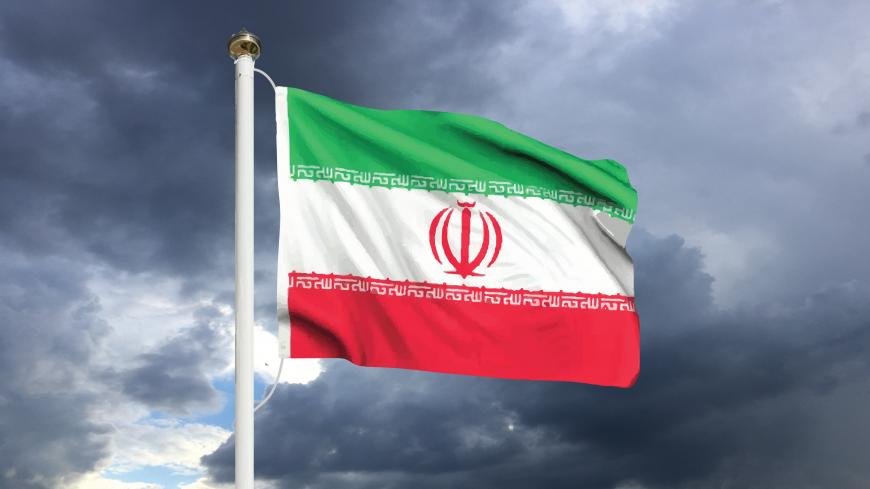As news broke that US President Donald Trump stopped a military strike on three Iranian targets June 21, the region came face to face with the prospect of war. Now, with the United States threatening even more sanctions and Iran breaching the 2015 nuclear deal in response to Washington’s withdrawal, there is very little consensus over how to deal with this escalation among the Gulf states.
Although Trump has also stated that “there is absolutely no time pressure on resolving the dispute,” the Europeans have doubled down on their own efforts to activate their workaround to avoid US sanctions in trade with Iran, the Instrument in Support of Trade Exchanges (INSTEX). Meanwhile, the Arabian Gulf countries, where the brunt of any escalation will be strongest, are in disagreement on how to deal with Trump’s hesitant policy on Iran. Saudi Arabia and the United Arab Emirates (UAE) have supported Washington’s “maximum pressure" campaign, while Oman, Kuwait and Qatar have a different approach to the conflict.



